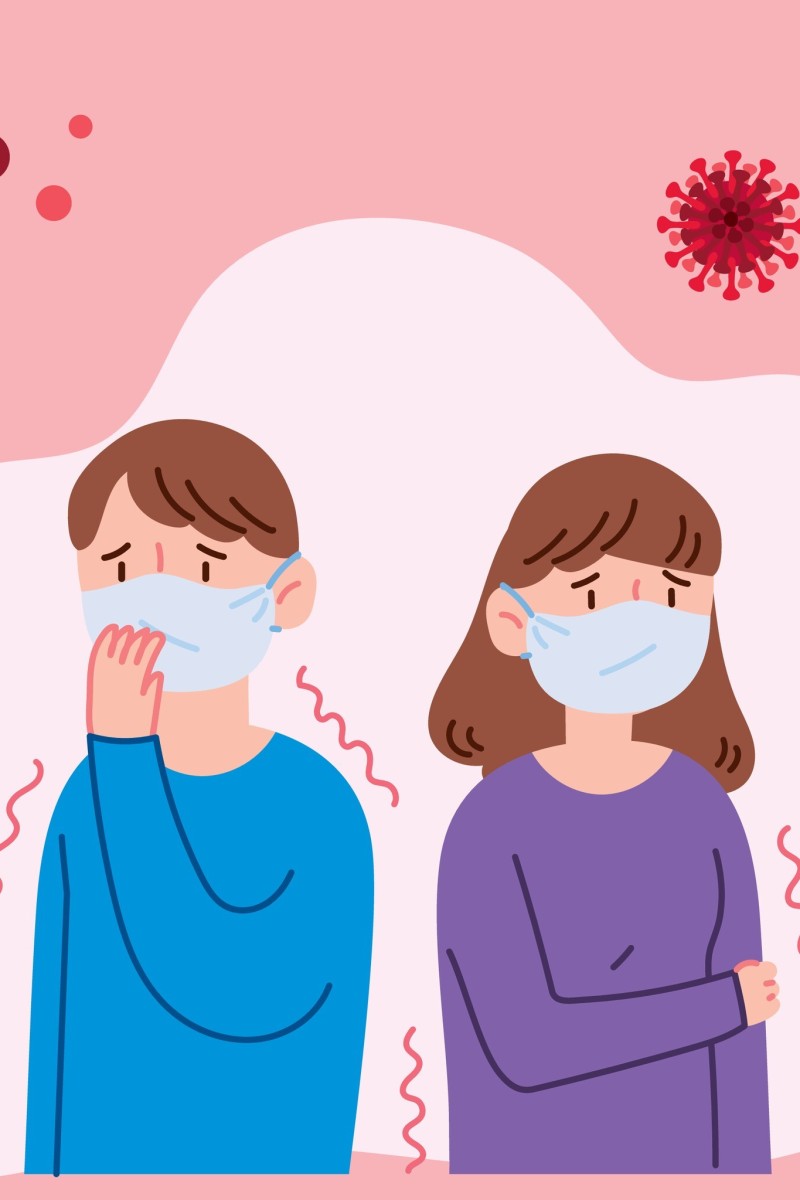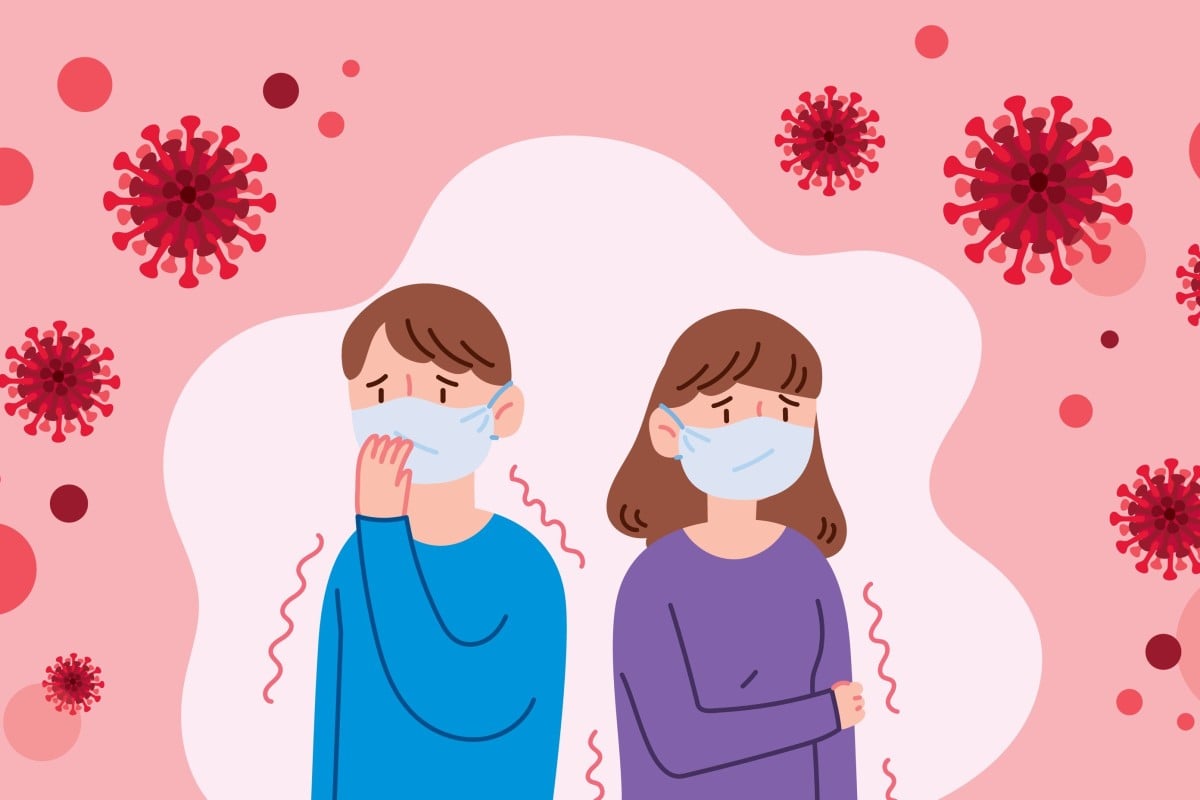
Explainer: Can I get ‘long Covid’ if I’m infected after vaccination?
- It’s still possible to get coronavirus even after getting the jab, but you’re much less likely to get seriously ill or require hospitalisation
- Scientists are still researching whether long-term symptoms can persist in fully vaxxed people
 Unfortunately, there's still a lot we don't know about the coronavirus.
Unfortunately, there's still a lot we don't know about the coronavirus.Can I get ‘long Covid’ if I’m infected after getting the vaccine?
It’s unclear, but researchers are studying the chances of long-term symptoms developing in anyone who might get infected after vaccination.
The Covid-19 vaccines in use around the world are effective at preventing severe illness and death from the coronavirus, but some people do get infected after the shots. With such “breakthrough” cases , health experts say the vaccines should help lessen the severity of any illness people experience.
Vaccinated people with the Delta variant can still be highly contagious
But researchers are also looking at whether those breakthrough cases could lead to long Covid, which is when people experience persistent, returning or new symptoms a month or more after an infection. The condition can develop after severe initial infections or even in those who initially had mild or no symptoms.
Some estimates indicate about 30 per cent of unvaccinated Covid-19 patients develop long-term symptoms, including shortness of breath, fatigue, difficulty concentrating, insomnia and brain fog. Similar symptoms can develop after other viral infections, too.
Why you may eventually need a booster shot
A small study from Israel published recently found apparent long Covid-19 in several health workers with breakthrough infections. They developed mild symptoms including cough, fatigue and weakness that persisted for at least six weeks.
Larger studies are ongoing.
Researchers don’t know why symptoms linger, but believe some symptoms reflect lung scarring or damage to other organs from severe initial infections. Another theory suggests that the virus may linger in the body and trigger an immune response that leads to the symptoms.